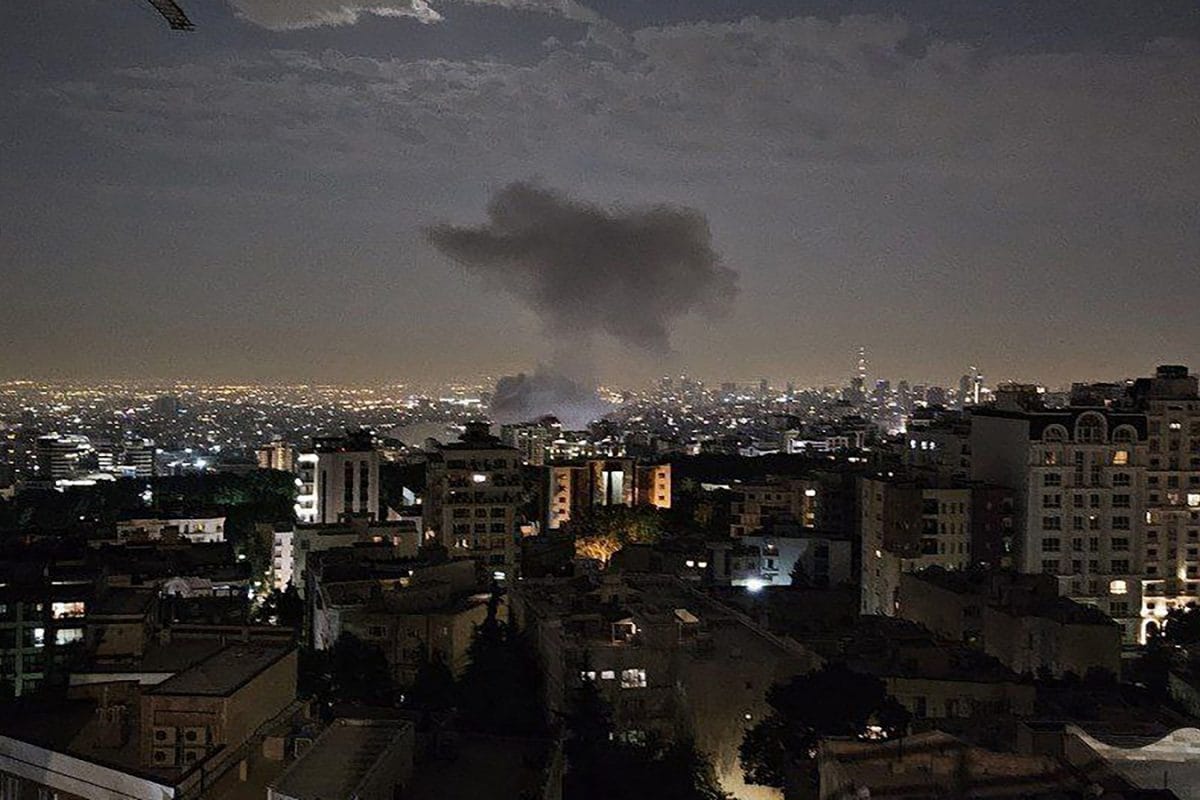

Tensions in the Middle East have reached a boiling point as the conflict between Israel and Iran escalates, prompting international concern and urgent calls for de-escalation. In a significant development, Iran has warned that its strikes against Israel will continue, raising fears of a protracted and widening conflict. Simultaneously, India has issued advisories urging its nationals in both countries to adhere to safety protocols amidst the escalating hostilities.
The recent exchange of fire between Israel and Iran marks a dangerous turn in their long-standing rivalry. Following Israeli strikes on Iranian nuclear and military sites, Iran launched a barrage of retaliatory strikes targeting Tel Aviv and Jerusalem. These strikes resulted in casualties and injuries, sending civilians scrambling for safety. Israel, in turn, has reported intercepting many of the incoming missiles but has also acknowledged that some hit structures. According to Iranian state media, two deputy commanders were killed in the Israeli attacks.
The situation remains highly volatile, with both sides trading accusations and threats. Senior Iranian military officials have warned that the conflict could spread to U.S. bases in the region, further complicating the already precarious situation. Iran's Fars News Agency quoted an unnamed official stating that the strikes against Israel would continue and that any aggression would be met with a "decisive and extensive response." In response, Israel has affirmed its commitment to continuing its military operations until the perceived nuclear threat from Iran is neutralized. Israeli Prime Minister Benjamin Netanyahu declared the launch of 'Operation Rising Lion', which he claims is aimed at weakening Iran's nuclear capabilities. Netanyahu claimed that Israel strikes had hit key nuclear infrastructure, including the uranium enrichment facility at Natanz.
The international community is deeply concerned about the escalating tensions and the potential for a full-blown conflict. India has expressed its concern over the recent developments and has urged both sides to avoid any escalatory steps. The Indian Ministry of External Affairs emphasized the need for dialogue and diplomacy to resolve the underlying issues and offered India's support for de-escalation efforts.
Given the prevailing security situation, the Indian embassies in both Iran and Israel have issued advisories to Indian nationals, urging them to remain vigilant, avoid unnecessary travel, and follow the safety guidelines issued by local authorities. There are approximately 10,000 Indian nationals in Iran. Air India has also taken precautionary measures, diverting over 15 international flights due to the closure of Iranian airspace.
The conflict has already had a significant impact on regional stability, with Lebanon and Jordan reopening their airspace after earlier closures due to the crossfire. However, the situation remains tense, and further disruptions to air travel are possible.
As the conflict continues to unfold, the international community is watching closely, hoping for a swift de-escalation and a return to dialogue before the situation spirals out of control. The coming days will be critical in determining whether the region can avert a wider conflict and find a path towards lasting peace.